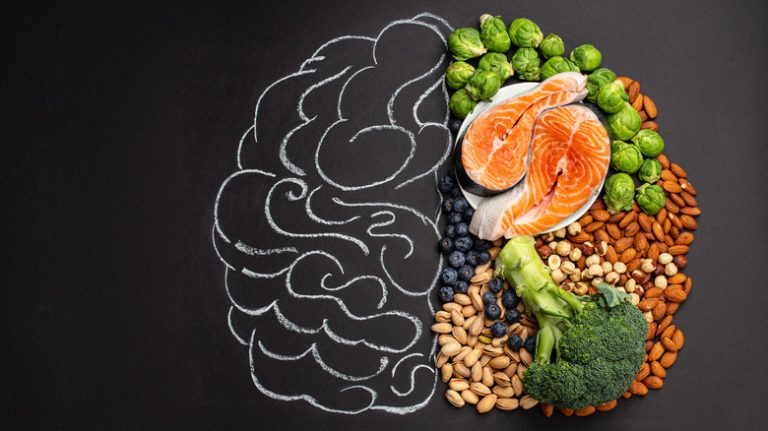Whether it’s situational or chronic, we’ve all experienced anxiety before. The symptoms are familiar: your heart pounds and your chest feels tight, it gets harder to breathe, and your hands get clammy. And all of that makes sense as a fear response. But there is another symptom that seems out of place — at least at first glance. After all, what good is nausea when you’re afraid?
According to Harvard Health Publishing, most anxiety symptoms work to help us escape whatever danger has triggered our anxious feelings. Your chest feels tight because your body needs more air (and oxygen), so your usual breathing rate isn’t enough. Your heart races in order to pump more blood to your muscles and organs, priming them for a quick escape if you have to bolt. All of those symptoms are fairly straight-forward.
Nausea, on the other hand, is a little less direct. Its cause is rooted in two factors, the first of these being a sort of “side effect” of the other symptoms. Stress and anxiety trigger our bodies to release epinephrine. This is the hormone that signals our hearts to pump faster, leading to more aggressive blood flow and the symptoms we associate with anxiety.
When that increased blood flow hits the stomach, it changes our digestion. This, according to the American Psychological Association (APA), leads to reactions like nausea, cramping, gas, and diarrhea.
The Brain-Gut connection

While epinephrine’s effect on our digestive system can’t be overlooked, there is another reason anxiety causes nausea — and it lies in the communication between our stomachs and our brains. This connection is known as the enteric nervous system, or the ENS (via Johns Hopkins). It is also known more commonly as the brain-gut connection. And while this might sound like pseudoscience, it is very real.
Johns Hopkins calls the ENS a sort of “little brain” in our stomach that controls how we digest food. Everything from the process of swallowing to the specific enzymes released to break down our food is controlled by the ENS. The APA tells us that the gut has millions of neurons that allow the “little brain” in our stomach and the “big brain” in our skull to communicate. When the big brain isn’t happy, the little brain lets us know in its own way.
This connection goes both ways. When something upsets your stomach, it sends a sort of distress signal to your brain. This signal can then cause an anxious reaction, generating a sort of feedback loop between your gut and your brain. This is why Harvard Health Publishing suggests stress reduction and psychological approaches as part of a treatment for chronically upset stomachs.
Your stomach and your brain are linked — not just through the wider systems of your body, but through direct communication. It makes sense that an upset in one would cause an upset in another. If you suffer from regular stomach issues and chronic anxiety, ask a mental health professional to explore if the two may be related.



